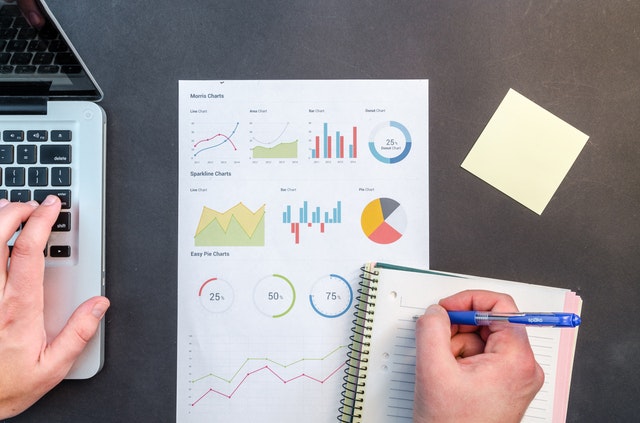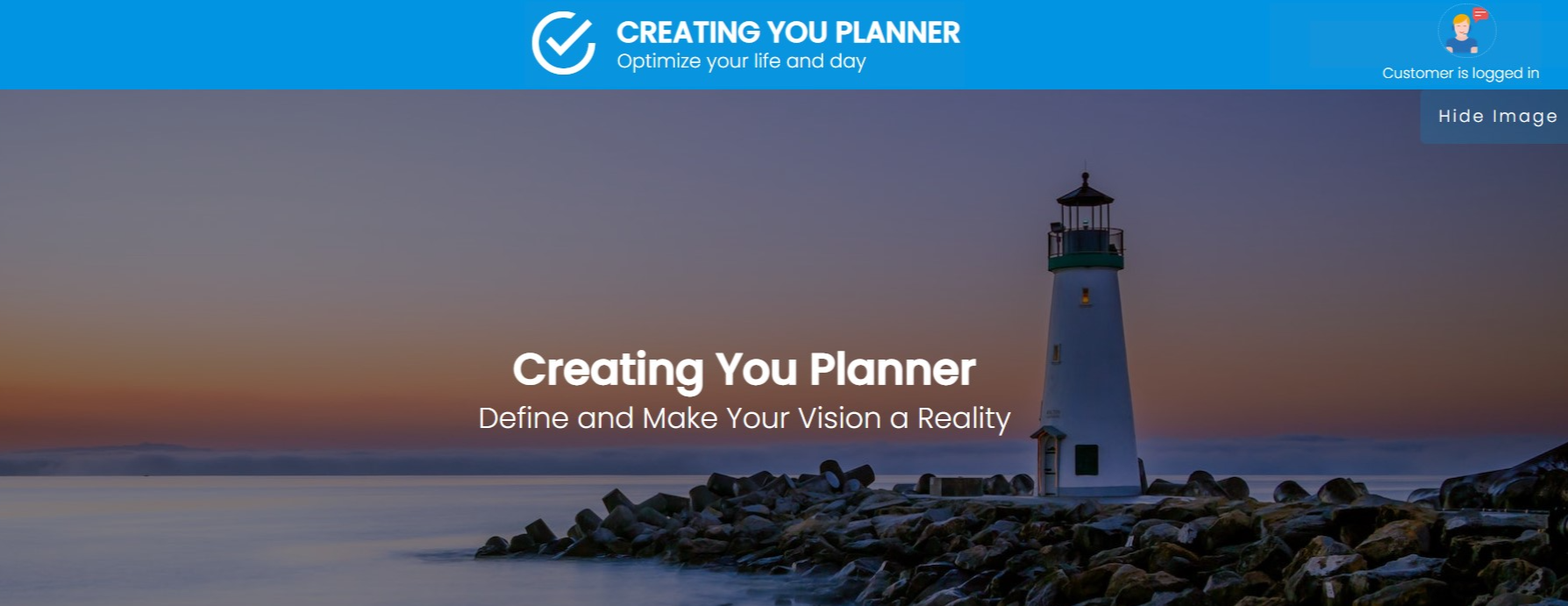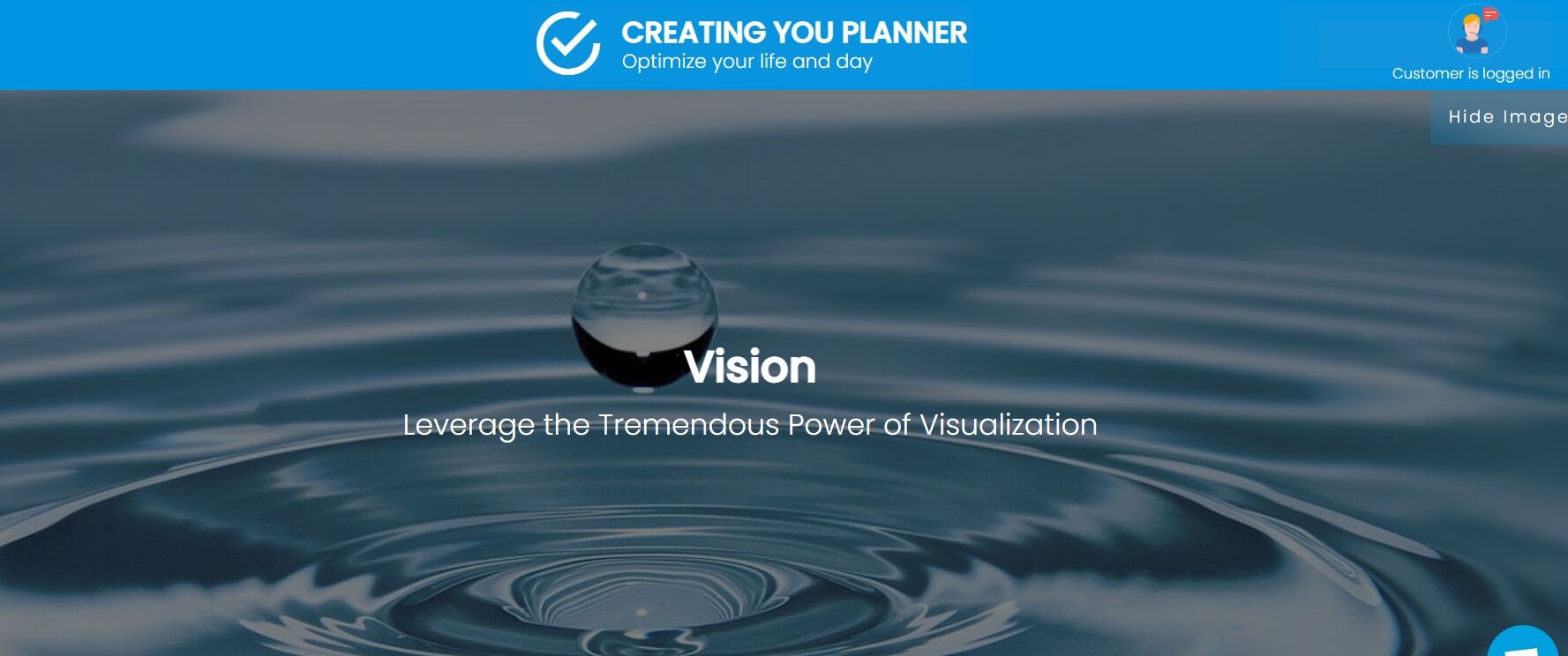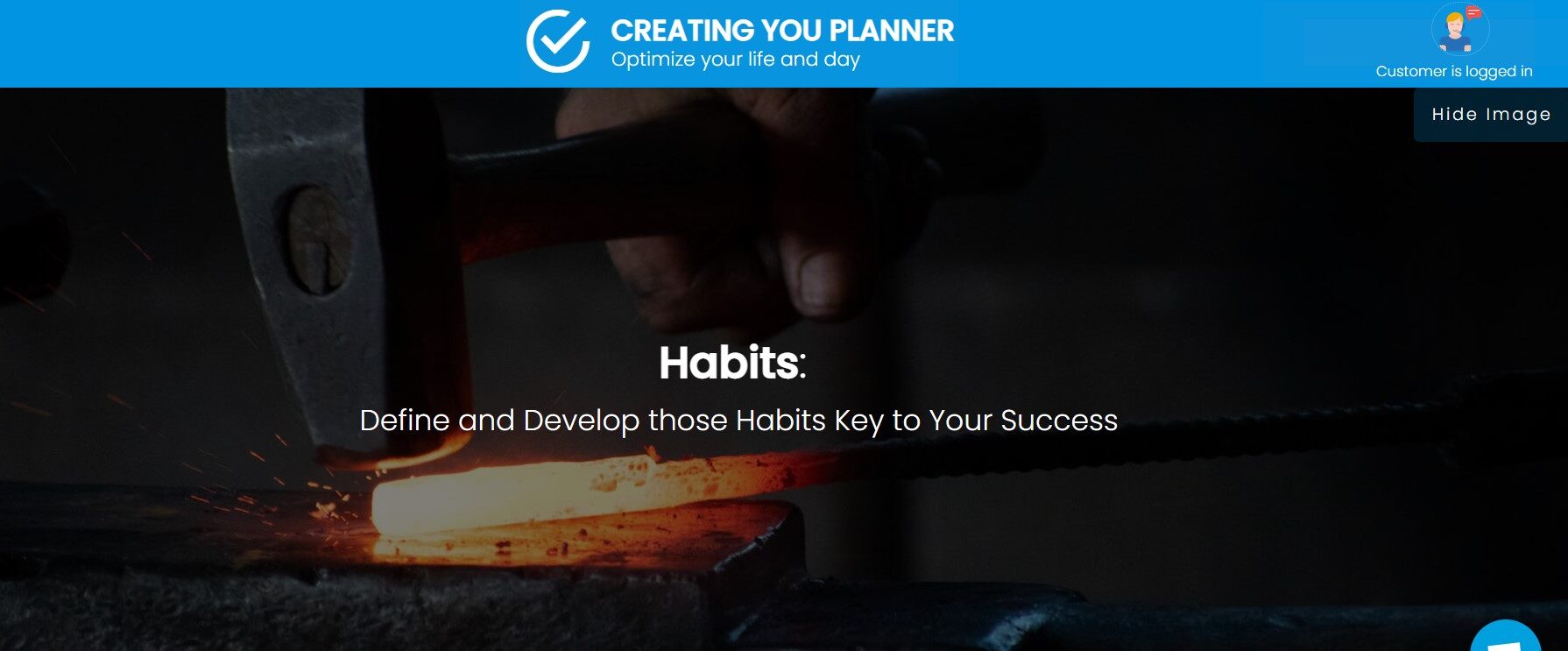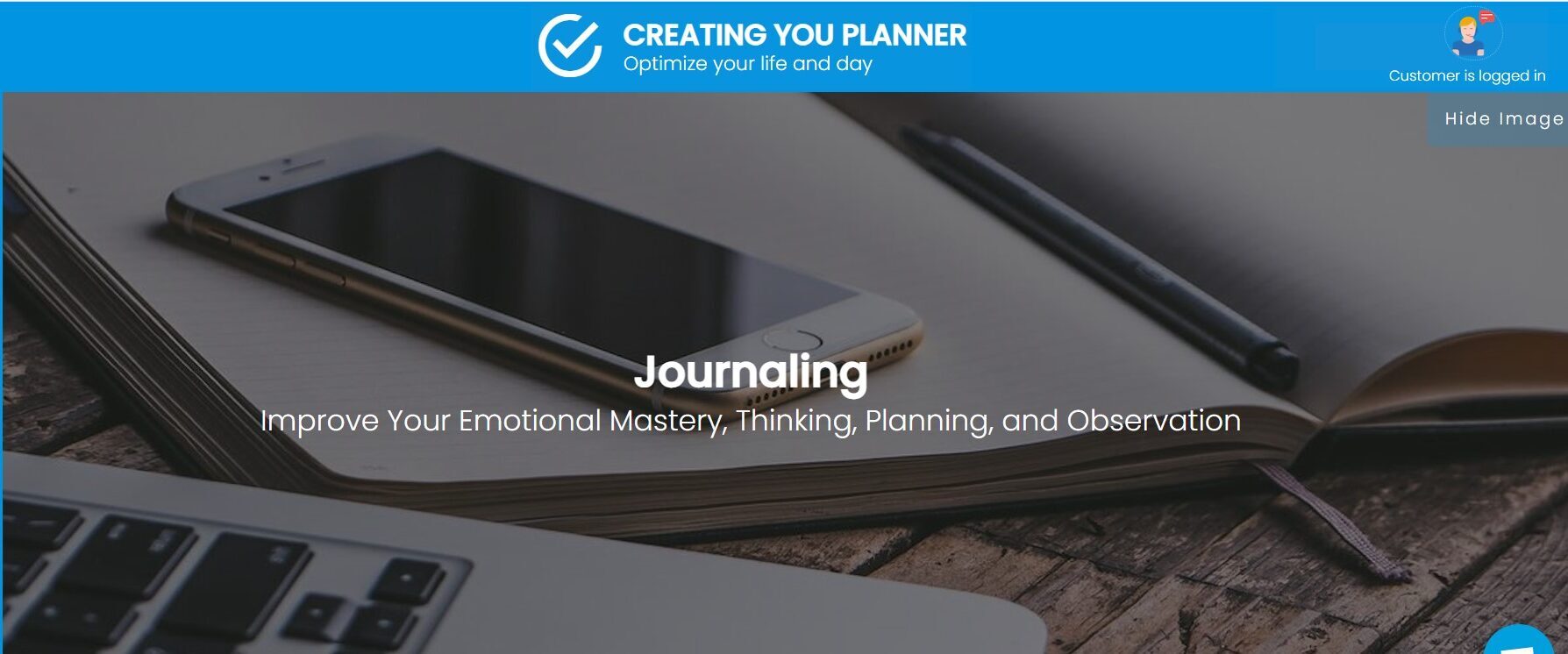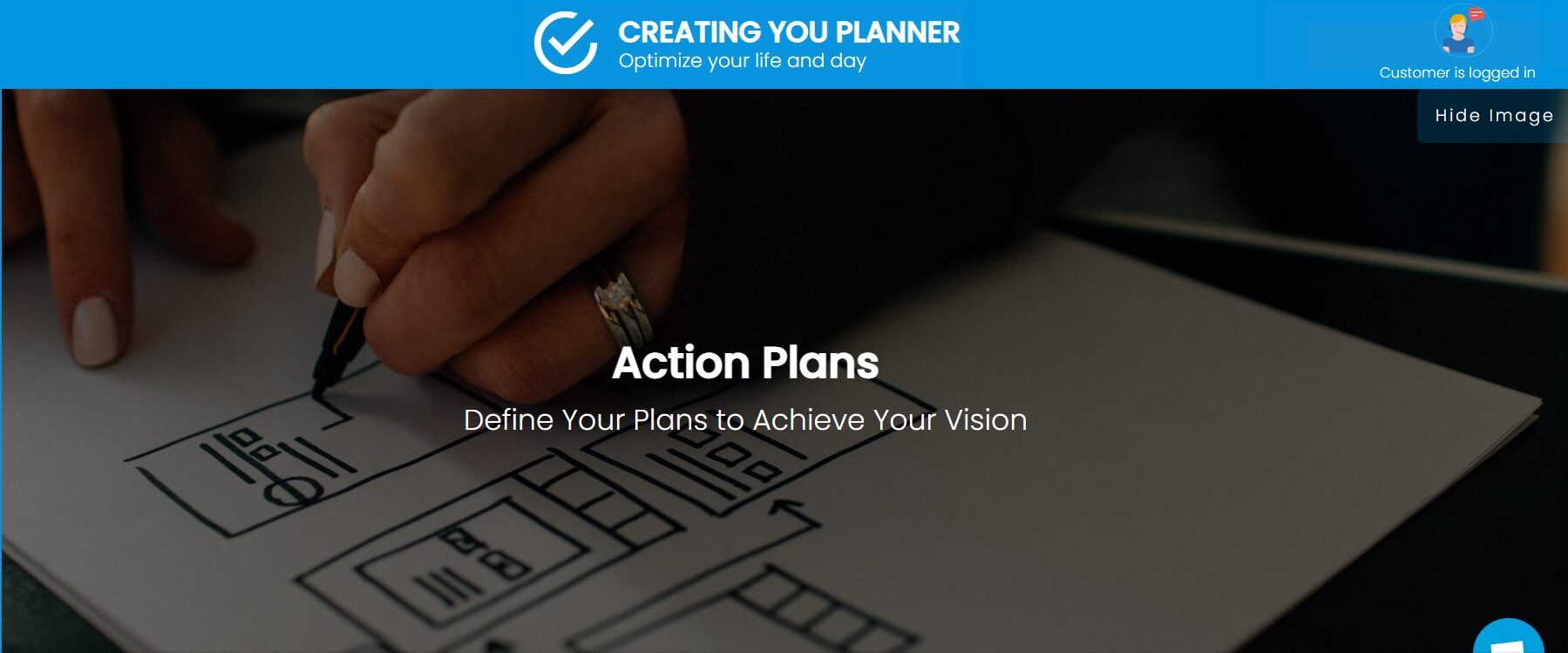Proactive vs Reactive Behavior – You Choose

What does it mean to be proactive?
Luke Jones published an excellent article titled “Proactive Vs Reactive Behavior – You Choose” at Medium and HERO Movement. We include several excerpts and a link to his original article below.
Stephen R. Covey wrote “to be proactive is about taking responsibility for your life. You can’t keep blaming everything on your parents or grandparents. Proactive people recognize that they are “response-able.” They don’t blame genetics, circumstances, conditions, or conditioning for their behavior. They know they choose their behavior.”
Proactive
A proactive person “begins with the end in mind.” In other words, they look to the future, decide who they want to become, and what they want to accomplish. They establish a plan and set to work to accomplish their vision and goals.
If we can choose to be reactive and be controlled by external factors, we can also choose not to be.
We don’t have to be influenced by unpredictable events or the negative emotions of others. As holocaust survivor and psychologist Viktor Frankl stated:
Everything can be taken from a man but one thing: the last of the human freedoms—to choose one’s attitude in any given set of circumstances, to choose one’s own way.”
Man’s Search for Meaning
If Viktor managed to choose his response among the unimaginable conditions of the Nazi death camps, witnessing endless suffering and losing almost all of his family; surely we can do it in our everyday lives?
We can’t always directly alter how someone else behaves or talks to us. We have no control over the weather. We don’t even have a say in how our favorite team will do on the weekend. But we can choose our thought processes and our responses.
Reactive
Stephen Covey wrote reactive people are often affected by their physical environment. If the weather is good, they feel good. If it isn’t, it affects their attitude and performance. Proactive people carry their own weather with them.
Looked through the window to see rain and grey clouds, and decided it’s a miserable day. Been criticized by someone at work or home and consequently felt down for hours afterwards. Watched our sports team win a game and felt on cloud nine for a week.
For better or worse, these are all examples of reactive behavior, where our feelings depend on the results of external events or processes that we have no control over. They are completely outside our sphere of influence, yet they can control our lives.
Click here to view original web page at medium.com
Creating You Planner: Define and Make Your Vision a Reality
Click to learn more
Topic: What does it mean to be proactive?
